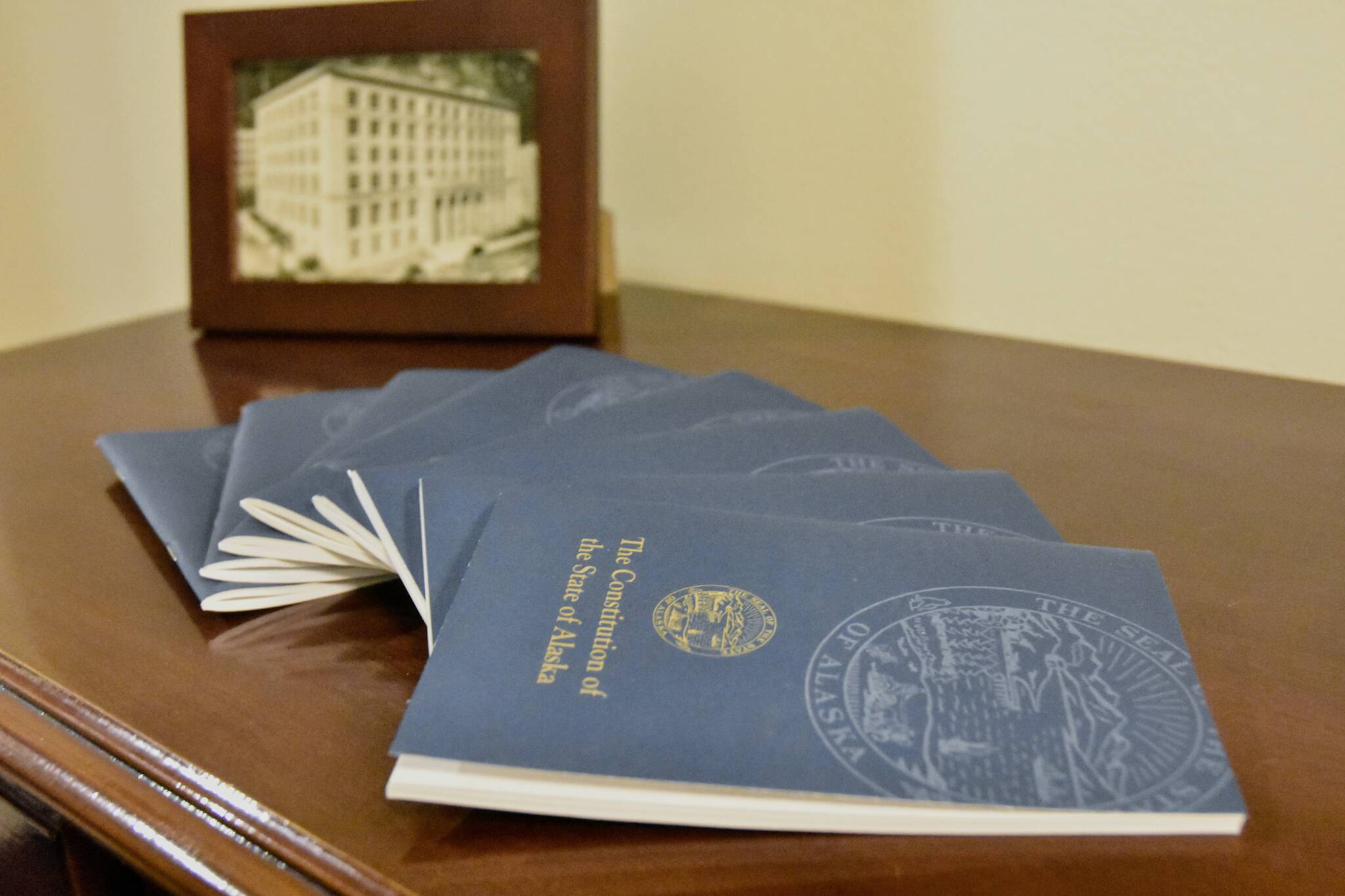On Nov. 8, 2022, Alaskans will be asked whether they want to convene a state constitutional convention. Alaska’s constitution mandates this question be placed on the ballot every 10 years.
This periodic constitutional convention referendum allows the people to bypass the legislature when proposing constitutional reforms. This enhances democracy because the legislature has an inherent conflict of interest in proposing constitutional amendments that affect its own power; examples include special interest driven issues such as the Permanent Fund and electoral issues such as legislative redistricting.
The popular initiative is also a legislative bypass mechanism. But Alaska only has the statutory, not constitutional, initiative; that is, it cannot be used to change the constitution. Also, after two years, the Legislature can overturn an approved initiative.
The convention process grants the public three votes: 1) whether to call a convention; 2) to elect convention delegates to propose reforms; and 3) whether to approve each proposal.
If a convention is called, this process differs from the legislatively initiated amendment process in who proposes the amendments: state legislators versus separately elected convention delegates.
The advantage of convention delegates is that they immediately disband after proposing reforms, so they aren’t proposing reforms directly affecting their own powers. That’s the feature of the convention process convention opponents hate most.
Convention opponents will either obfuscate or disparage this difference. For example, they will imply that conventions, unlike legislatures, have the power to pass, not just propose, constitutional changes; they will imply that conventions, unlike legislatures, will revise the entire constitution rather than just amend it; and they will imply that because legislatures cannot restrict a convention’s agenda, this is a terrible flaw rather than the essential feature that enables the convention to fulfill its democratic function.
Of the three types of scaremongering, the first can be corrected by simply reading the constitution’s text. Evaluating the other two requires context. Most conventions during the 20th century proposed only discrete amendments, not entire constitutions. For example, New Hampshire has the world’s second oldest constitution but has had 16 constitutional conventions. Only statehood conventions require a new constitution. Since Alaskans have only experienced a statehood convention, this type of scaremongering is especially effective.
The convention process has very powerful enemies. For reasons already discussed, its most direct enemy are legislatures. Its second most direct enemy are all special interest groups that, by definition, thrive on their disproportionate influence over legislatures. Its least direct enemy are the coalition allies of these powerful groups who are happy to trade badmouthing a convention call in exchange for support pursuing their core mission.
However, convention critics have a point. Alaska’s constitution gives the Legislature excessive control over rules for delegate election. It’s excessive because the legislature will design an enabling act to ensure the election process gives insiders disproportionate control over convention proposals. These same elites will then argue that this corruption is an argument against calling a convention. This hypocrisy is analogous to Washington incumbents’ campaign tactic of running for Washington by running against it.
But the key observation is that these elites finance and organize the campaigns against conventions because they worry conventions won’t be corrupt enough, not too corrupt. They know convention delegates have a track record of being more statesmanlike than legislators, partly because delegates cannot seek re-election and have greater incentives to care about their historical reputation.
Fortunately, Alaska has a remedy to the Legislature’s perverse incentives when drafting an enabling act. Unlike other states with the periodic constitutional convention referendum, it is lucky to have the statutory initiative, which can be used to bypass the Legislature’s enabling act (as well as place the convention question again on the ballot).
Alaskans should pass an initiative to bring open primaries, ranked-choice voting, and campaign finance disclosure to delegate elections, just as they did in 2020 for state legislature elections. Delegate and legislator elections should occur on the same primary and general election dates, and incumbent legislators should not be allowed to run for delegate, just as they are generally banned from plural office holding in competing government branches. Merely the threat of such an initiative should deter the Legislature from acting on its worst instincts when designing an enabling act.
• J.H. Snider edits The Alaska State Constitutional Convention Clearinghouse and writes about the most difficult democratic reform problems. Columns, My Turns and Letters to the Editor represent the view of the author, not the view of the Juneau Empire. Have something to say? Here’s how to submit a My Turn or letter.

